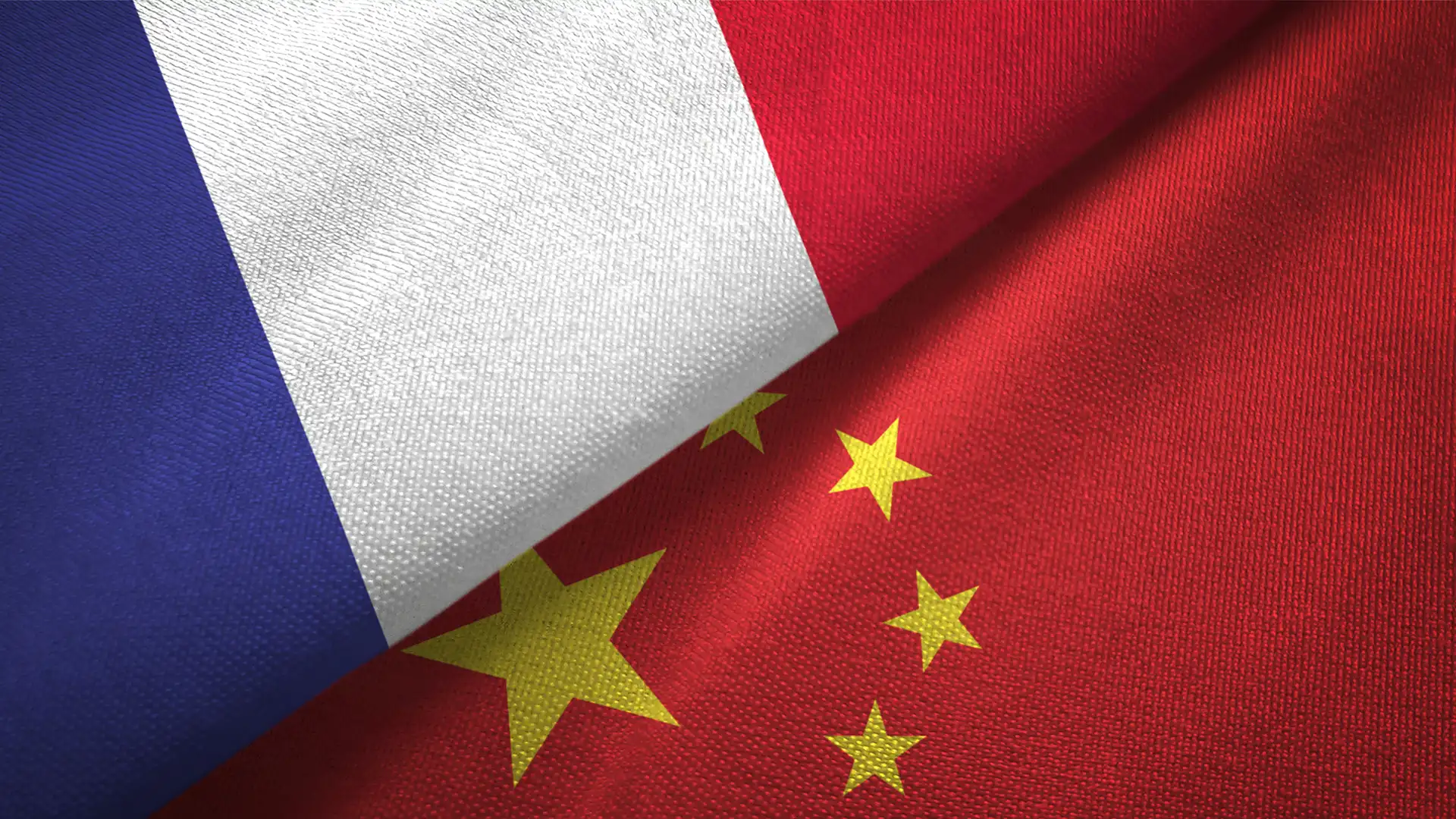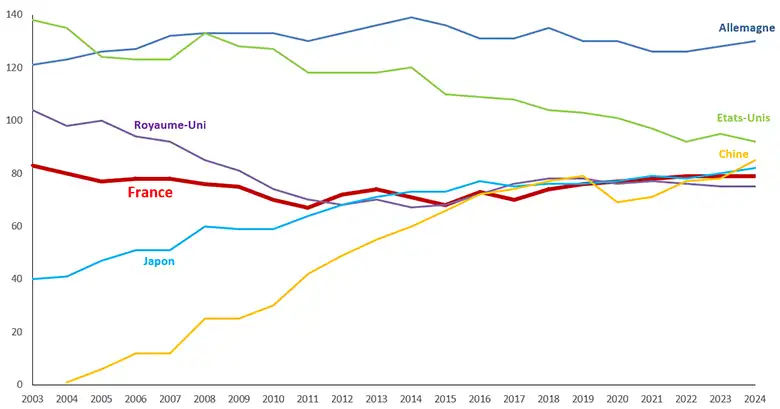Standards diplomacy: France at a crossroads

On May 15, 2025, French Minister of the Economy, Finance and Industrial and Digital Sovereignty Eric Lombard was to receive Chinese Vice Premier He Lifeng in Paris. Voluntary standardization was on the agenda, and a protocol was to be signed to formalize this Franco-Chinese partnership on a number of strategic themes.
Standardization is a soft power that shapes the global economic landscape. However, in France, this lever is underestimated, despite the new international order which underlines the urgency of preserving national sovereignty: in the ranking of leading countries in the leadership of technical committees at the World Organization for Standardization (ISO) in 2024, China climbs to 3rd place, demoting Japan and France to 4th and 5th place, although in absolute terms, France has no fewer secretariats to hold than in previous years.
For AFNOR, which represents France at ISO, the strategy of playing the game of rapprochement with China is clear: better to engage in dialogue with an influential – and increasingly influential – standard-setter than to become an isolated standard-taker. In 2026, France will host the 170 ISO member countries at their General Assembly in Paris. At a time when other powers are erecting trade barriers, voluntary standards are asserting their role as a multilateral and consensual tool, facilitating trust, exchange and interoperability.

Ranking of countries within ISO in 2024, in terms of number of active secretariats.
Key figures from AFNOR’s 2025 international barometer
- China has been strategically climbing the ladder for the past twenty years, and for the first time ranks 3rd among countries hosting ISO committees, behind Germany and the USA but ahead of Japan and France. Overall, when the ISO and IEC (International Electrotechnical Commission) rankings are averaged, France comes4th.
- In the agri-food sector, France remains the leader with 17% of responsibilities (2023 data). China, which was on a par with France in 2022, continues to progress, but remains in2nd place for the time being.
- In third place in the transport and logistics sector, China’s offensive is even more visible, for example in the field of ports, echoing its “New Silk Roads” economic policy.